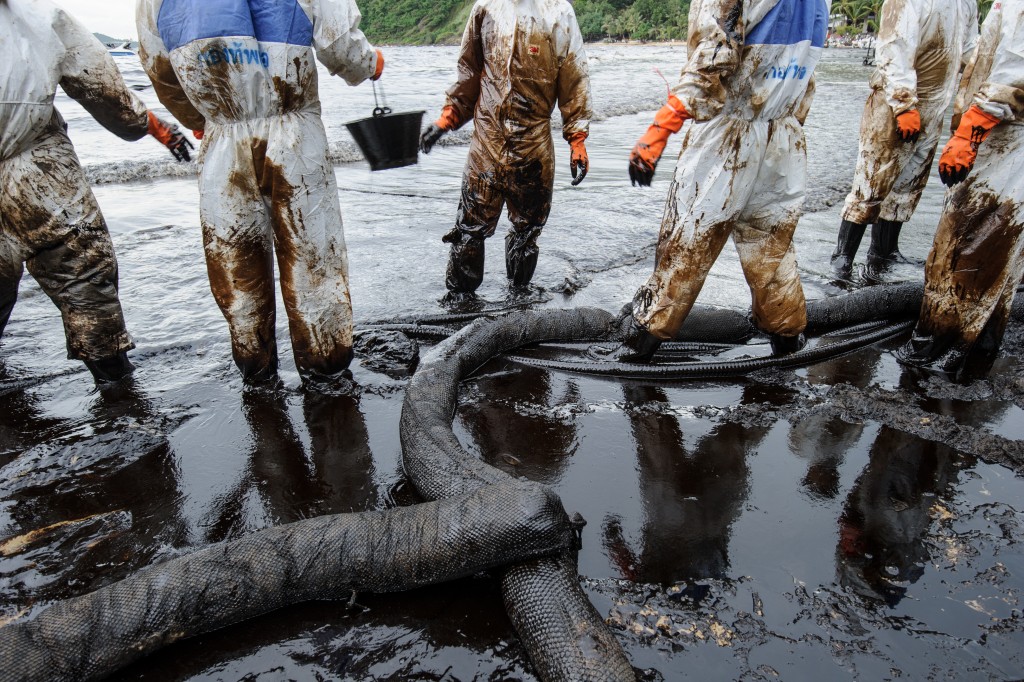Our environment is slowly starting to decline. Companies and businesses need to pay more attention to their waste management. They should be cautious in handling substances to avoid accidents or hazardous material spills in Utah and different areas. From nuclear power plants to chemical research facilities, various workplaces should be careful.
Companies in some places can also avail of environmental advice and services. To help business owners understand waste management more, here are a few sources of hazardous material spills.
Chemical Spill
Chemical spills commonly happen in laboratories and research facilities. Human carelessness can sometimes lead to glassware being bumped. Immediately inform nearby personnel of the accident and evacuate the area. Turn off any working Bunsen burners to reduce the risk of fires.
If it was a simple chemical spill, neutralize and clean it up. However, if complicated chemicals get spilled, it’s better to wait for professional help to arrive.
To reduce the risk of harmful accidents, always wear Proper Protective Equipment. Strictly follow workplace rules and regulations. It is also advisable to have a Spill Kit stored to be ready for simple chemical spills.
Biological Spill
Biological spills are ones that involve organisms, such as pathogens, fungi, or bacteria. Assess the risk of the spilled material before deciding what to do. If the substance was spilled inside a Biosafety Cabinet, it poses little to no danger.
People involved in its handling should replace their equipment. Give the cabinet time to disinfect the spill. Cleanup can be done afterward. The same procedure can be done in the case of spills regarding low-risk group materials.
It is more dangerous if the spill happens in the open or involves biohazardous material. It is better to evacuate the area and prevent other people from entering. Wait for the arrival of an expert. In the case of aerosols, one should also wait for the gases to disperse.
Radioactive Material Spill
Depending on the amount of material being worked on, a radioactive spill can be low or high risk. Some hospitals and universities work on small amounts of radioactive material for research. In the case of minor spills, it is best to evacuate and confine the area. If possible, decontaminate using a spill kit.
For major spills, one should also seal the area during evacuation. Decontaminate the people involved while waiting for professionals to arrive. Trying to clean up the spill by yourself is prohibited since major spills are harder to manage.
Fuel and Oil Spill

These spills are more common in the sea. Oil from drilling rigs or ship fuel can sometimes leak and contaminate the area. For these kinds of spills, it is crucial to contain the oil. If the oil spreads to a broader area, it can damage more wildlife. Identify the source of the leak and immediately seal it.
Absorb the spilled oil from the sea and store it in containers. Use absorbent materials that can float for a long time in the water, and make sure it is hydrophobic. That is to ensure that it can take in as much oil as possible. Keep any sources of fire away from the spill.
These material spills aren’t isolated to a single kind of workplace. Some places are also at risk of multiple sorts of spills. Business owners should be aware of the materials that their company handles. In doing so, they can identify what to pay attention to when handling and transporting their materials and wastes.

